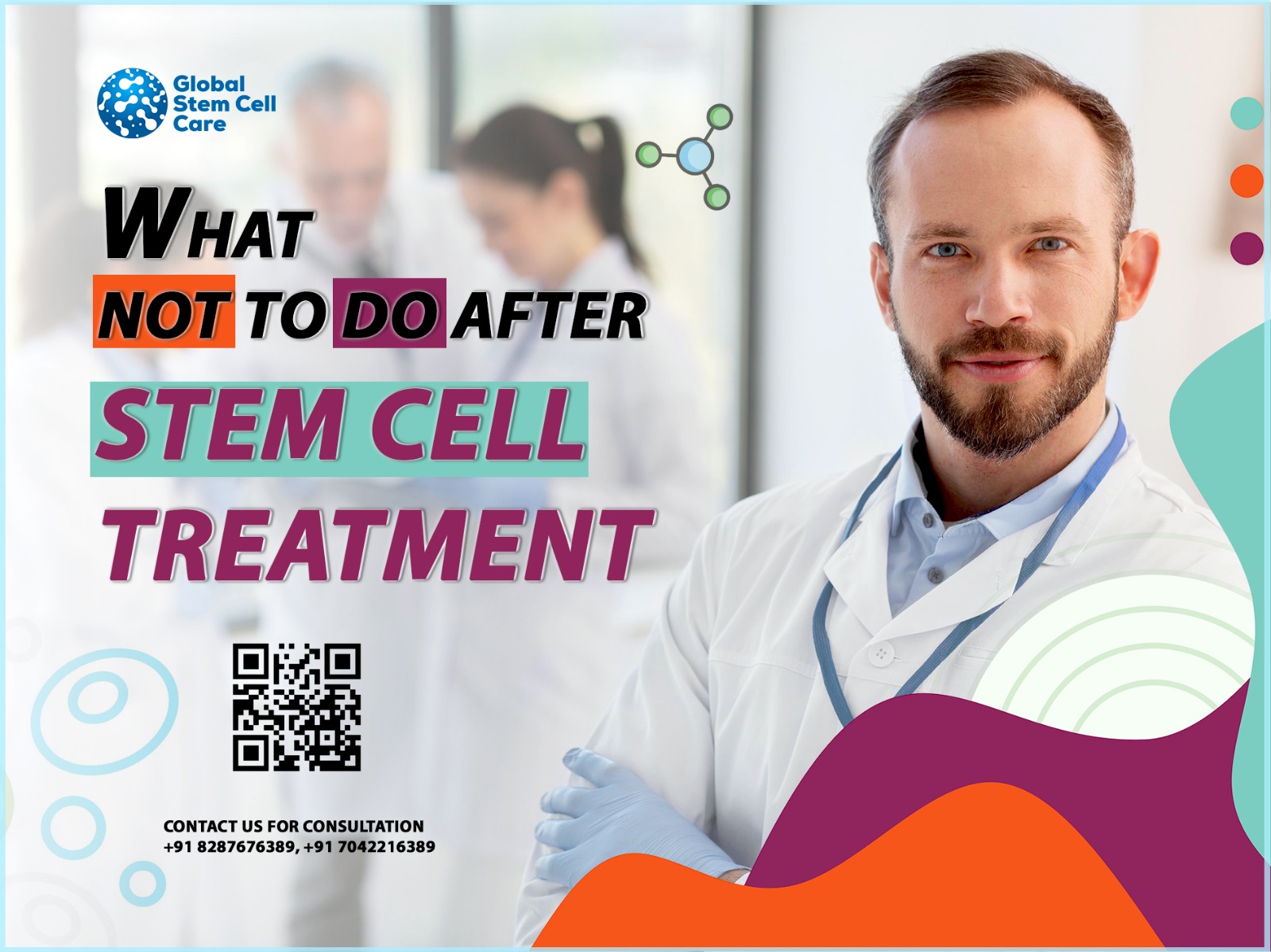Once you have undergone stem cell therapy, a healing and hope-giving treatment when other methods may have been exhausted, whether due to an autoimmune disease or disastrous injuries, this new therapy is a major leap in your journey. But recovery, too, is not so much about what you do, but what you don’t do.
Most individuals are not sure what to do to help their body after receiving stem cells. And that is understandable. You have invested in your health, and you should get the best outcome one can expect. Let us see what not to do after stem cell treatment to support your health and keep on track with healing.
Overview of Stem Cell Therapy
Stem cell therapy exploits the self-renewal and differentiation capacity of undifferentiated cells to regenerate or replace damaged tissues. These cells, isolated from various tissues (e.g., bone marrow, umbilical cord), are promising as treatments for a myriad of diseases, from neurological disorders, heart disease, and autoimmune conditions, through the enhancement of regeneration and immunomodulation.
Things to Avoid After Stem Cell Therapy
Although every patient is different, there are some common missteps you can avoid to protect your progress and give your stem cells the best chance to do their job better:
Don’t Overexert Yourself Too Soon
- You should avoid doing intense workouts, heavy lifting, or strenuous physical activity for the first few weeks.
- Even if you feel “back to normal,” pushing your limit too hard can disrupt the healing process in the body.
Don’t Smoke or Use Tobacco
- When you smoke, it reduces oxygen flow and interferes with cell regeneration.
- It can severely diminish the effectiveness of your stem cell therapy.
Don’t Drink Alcohol Too Much
- Drinking alcohol can be inflammatory and may hinder your body’s ability to integrate the new stem cells.
- Limit or avoid it completely, especially in the initial stages of the treatment.
Don’t Eat a Poor Diet
- Having processed foods, sugar, and unhealthy fats in your diet can increase inflammation in the body.
- You should mainly focus on nutrient-dense, anti-inflammatory foods to nourish your recovery.
Don’t Self-Medicate Without Advice
- Certain medications, particularly anti-inflammatories (NSAIDs), can interfere with the effectiveness of stem cell therapy.
- Always get permission from your physician before taking something new.
Don’t Miss Follow-Up Visits
- Tracking progress is the key to long-term success.
- Your provider might advise supplements or lifestyle modifications to aid your healing.
Don’t Disregard Rest and Sleep
- Healing is not a competition. Your body requires quality rest in order to allow the stem cells to do their job.
- Strive for 7–9 hours of quality sleep nightly.
Don’t Work Your Way Back into a Crazy Schedule
- You need to balance work, home life, and your own needs.
- Permission to slow down and draw some healthy boundaries.
Need Help Navigating Post-Treatment Recovery?
Recovering from stem cell therapy can be frightening, especially if you are doing it on your own. This is where Global Stem Cell Care comes in. Global Stem Cell Care is a reputable regenerative medicine consultancy company that will walk you through every stage, like pre-treatment, treatment, and post-treatment. If you have no idea what to do next or how to support healing, they will be there for you.
Final Thoughts
Healing is not always a straight road, but every little bit adds up. Not making the wrong moves post-stem cell therapy can mean an enormous difference in your outcome. Keep in mind that your body is hard at work behind the scenes to regrow and heal.
Trust the process, lean on the experts at Global Stem Cell Care, and most importantly, treat yourself with the same kindness you would offer a friend going through something big. You have taken a bold step. Now, give your body the best chance to shine.
